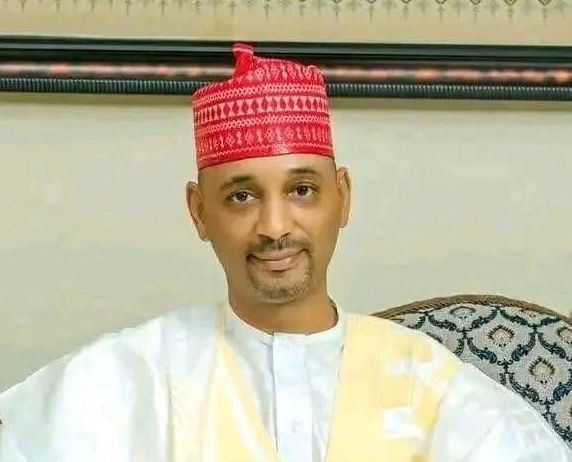Nigeria’s Oil Sector Revamp: President Tinubu’s Plan to Boost Economy
In a bid to revitalize the nation’s oil sector, Nigerian President Bola Tinubu has announced a series of reforms aimed at increasing oil production and reducing transportation costs. Speaking in a nationwide broadcast, Tinubu emphasized the importance of diversifying the country’s energy resources, citing the need to reduce reliance on oil-based petrol and tap into its gas reserves.
The president highlighted the success of the Compressed Natural Gas (CNG) initiative, which he launched in May 2024 to address the gaps in the Petroleum Industry Act. According to Tinubu, the CNG initiative has already led to a significant increase in oil production, with the country now producing 1.61 million barrels per day. He also announced that investors are returning to the sector, with two Foreign Direct Investments worth over half a billion dollars signed since the initiative’s launch.
Tinubu’s administration is also focusing on reducing transportation costs, which he believes will help to curb inflation. The CNG initiative aims to achieve this by distributing conversion kits to commercial vehicles at extremely low or no cost, allowing them to switch from imported petrol to compressed natural gas. This, the president claims, will save the country over two trillion Naira per month, which can then be invested in healthcare and education.
The president’s address comes amid widespread protests across the country, with youths demanding better living conditions and an end to the current hardship. While the protests have turned violent in some states, Tinubu appealed to the protesters to come forward for a round-table discussion, urging them to "sheathe their swords" and work together to find solutions.
As Nigeria continues to grapple with economic challenges, President Tinubu’s plan to revamp the oil sector offers a glimmer of hope for a brighter future. With the CNG initiative showing promising results, the country may be on the path to reducing its reliance on imported petrol and harnessing its own natural resources to drive growth.



